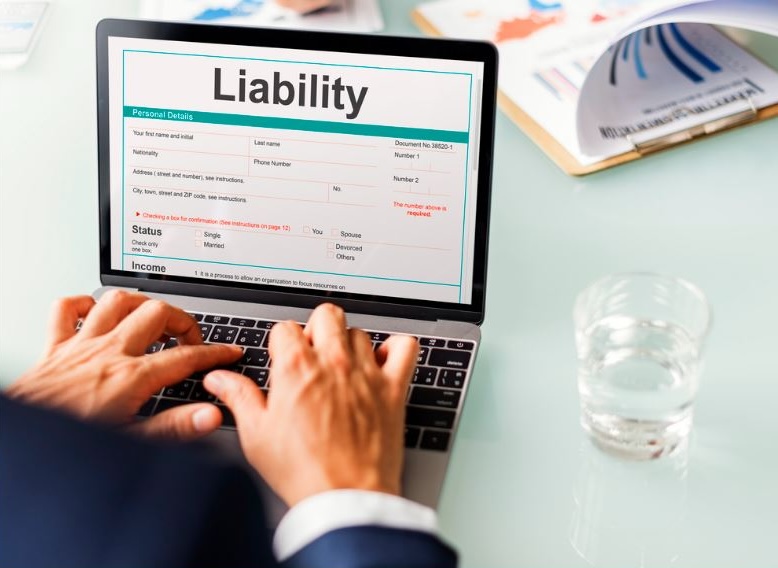Liability in financial accounting is a financial obligation that a company or individual has to another party, such as a loan or other type of debt that have to be paid back at a specific time or when certain conditions are met.
In his book, Rich Dad Poor Dad, Robert Kiyosaki (an American businessman and author) defines a liability as something that takes money out of your pocket regularly and results in cash outflow. Versus his method of defining an asset which he described as anything that puts money into your pocket.
It is essential to truly understand what liabilities are because liabilities can dramatically impact your life if you are not careful. For example, if you incur a large amount of debt, you may face many creditors looking to collect on their debts. Too many debts will drain your monthly cash flow, and of course, creditors don’t hand out money for free they charge interest to be profitable. This is, after all, what the banking business is exceptional at.
What Are Examples of Liabilities?
Additionally, understanding your liabilities will help you plan how to take care of your debts. That is not just limited to the third-party creditors (bank loans, credit cards, mortgage, lines of credit, etc.) but also the unfunded liability of your future income that your family will depend on. In other words, you require income at all stages of life, and if you lose your income due to sickness or death, this can leave a gaping hole in your family’s financial circumstances. While this is not a traditional liability, as we are taught to think of it, the need for income continuity is one of the most significant liabilities Canadians face.
So, how will you take care of your liabilities? Another critical question to ask yourself is, would all of your liabilities be taken care of if something were to happen to you in the next 12- 24 months?
One way to do this is by owning a life insurance policy. And not just any life insurance coverage, but one that will help you clear your debts and plan your future and that of your family and even your business.
Proper insurance planning is necessary to ensure that a large chunk of money shows up to tackle these significant problems when you need them most.
Many individuals, families, and entrepreneurs in Canada make use of life insurance coverage policies to pay their liabilities. Life insurance is an easy and low-cost means for paying your liabilities like mortgage life insurance costs, line of credit, and other expenses if you pass away before these have been paid for. When done right and planned out with an expert, you can also make sure there is income continuation to keep your business going and give your loved ones the time to grieve and go on living.
Additionally, critical illness and disability income policies should be considered by every Canadian. A single income disruption during your lifetime could impact you and the people you love in profound ways. Therefore, planning for these risks is both prudent and can produce peace of mind.
The Final Tax Liability
Among the main reasons individuals get insurance policies is to pay their liabilities off and make sure they do not leave anyone else saddled with their debts. One liability that is generally overlooked is your final tax liability. Let’s face it, we all know that there are two constants in life… death and taxes.
Unfortunately, most Canadians are unaware of how much tax gets paid at your death! The day we die, every single item we own is assumed to be sold on that same day. Such as your registered accounts, the value of your business, your rental real estate, your stock and investment portfolios, even your art and stamp collection and any bullion you own. The total reported income on your final tax return is often the highest than any other year of your working life when you add this all up. This could mean 30-50% of what you have spent a lifetime working for ends up being paid to the tax collector when you are gone.
Life insurance coverage can give you peace of mind knowing that if something were to happen to you, someone could ensure that your mortgage will be paid off, your children can go to school, and the final tax bill is covered,

If you foresee that life insurance can play an essential role in your financial plan, it makes sense to talk with a competent Financial Planner who can help you understand all the options. You can do much more with a life insurance policy when setup correctly than meets the eye.
For further assistance regarding Liabilities, contact Ascendant Financial today and speak with someone from our team of Financial Advisors.

New Training from Jayson Lowe
Finance Expert
Get Access To Our On-Demand Training To See How You Can Further Understand Liabilities.




